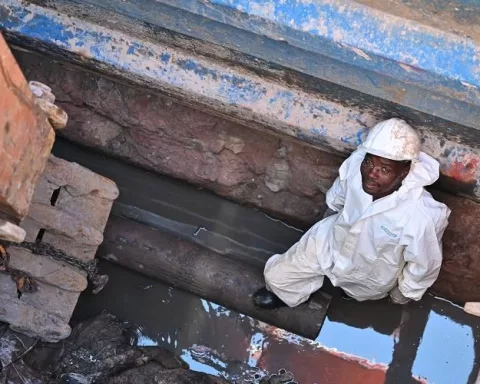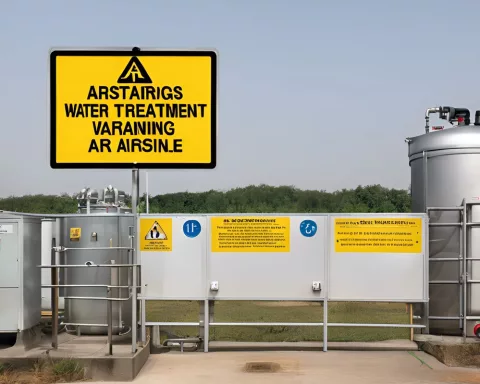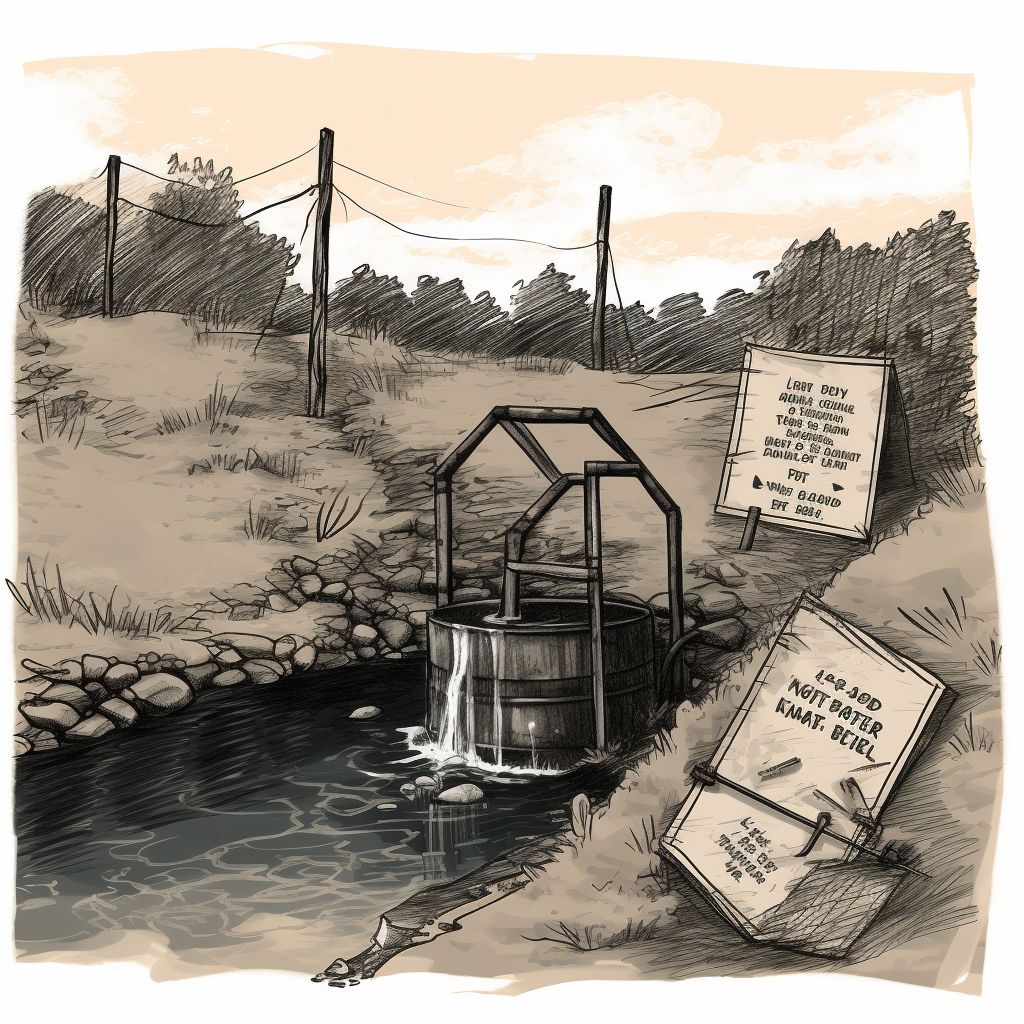The current cholera outbreak in South Africa has become a major concern for the public, government officials, and health experts. This article aims to provide a comprehensive overview of the outbreak, including the timeline, affected regions, and measures being taken to contain it, while maintaining the informative and appreciative tone requested.
Timeline of the Outbreak
The outbreak can be traced back to two sisters from Diepsloot, Johannesburg, who traveled to Malawi in January 2023 and returned on January 30. Following their return, they tested positive for cholera, and so did the husband of one of the women. Six more cases were confirmed in Johannesburg, and two in Ekurhuleni. Unfortunately, one child from Ekurhuleni died from the disease.
Containing the Initial Cases
Thanks to public health awareness, no further reports emerged from the affected families. However, the situation escalated in the Free State, where the Fezile Dabi District reported an increase in diarrhea cases in the towns of Vredefort and Parys. A total of 174 patients with diarrhea received treatment at various clinics and hospitals, and eight patients died.
Outbreak in Hammanskraal
The current epicenter of the outbreak is in Hammanskraal, Tshwane Metro Municipality. A 56-year-old police officer from Giyani, Limpopo, who had traveled to Hammanskraal for a three-week course at the South African Police Service College, was the first reported case. After experiencing diarrhea and vomiting, the officer was hospitalized and tested positive for cholera.
Subsequent investigations revealed 33 more students with gastrointestinal symptoms, resulting in eight hospitalizations. A total of 99 confirmed cholera cases have been reported in Tshwane, with a significant downward trend observed.
Interventions to Address the Outbreak
Several interventions have been implemented to address the outbreak, including the creation of special cholera and gastroenteritis wards, fast-tracking laboratory results, and setting up field hospitals/clinics. Health outreach teams are educating communities on cholera prevention, emphasizing basic hand hygiene, water, and food safety.
Collaborating with the Water Department, both the City of Tshwane and the Department of Water and Sanitation are examining water sources for possible contamination. As of now, the outbreak remains limited to Tshwane and the Ngwathe municipality in the Free State, with no new cases reported since May 23, 2023.
This comprehensive account of the cholera outbreak in South Africa serves as a testament to the importance of public health awareness, swift medical intervention, and effective collaboration among various stakeholders. The decreasing trend in new cases indicates that the combined efforts are helping to contain the outbreak, providing hope that the situation will soon be under control. While the battle against cholera continues, remaining informed and vigilant will be key in preventing further spread of this disease.












